
The ‘First-Ever’ Car Occupancy Survey in the UAE
· High percentage of car dependency (83%) vs. public and alternative transport
· Majority of trips for work commute (63%) and chores (60%)
· About 6out of 10 motorists are alone in their cars for 80-100% of trips
· Number of vehicles on the roads need to be reduced for road safety and sustainability benefits
Dubai, United Arab Emirates, 18 October 2020 (AETOSWire): “While the COVID-19 pandemic has changed life as we know it, we resumed ‘normalcy’ again, traffic has picked up and roads are becoming more congested. Road safety will remain an important concern. Noor Takaful | Ethical Insurance in partnership with RoadSafetyUAE is committed to the wellbeing of the UAE. As the sponsor, we are happy to share the results of the UAE’s first-ever car occupancy survey. The survey was conducted in March 2020 and we feel now it is the right time to share the results of this ‘First-Ever’ research of its kind,” said Rajesh Sethi, CEO of Dar AlTakaful, the holding company of Noor Takaful.
Traffic congestion is a key factor in road safety, traffic jams lead to an increase in impolite and dangerous behavior. It also comes at a cost to economies in the form of lost working hours, causes inconvenience to drivers with extra travel time, and creates an unnecessary toll on the environment. Hence, from a road safety perspective as well as from a sustainability standpoint, traffic jams need to be avoided.
“Subjectively, we might have the impression that the majority of vehicles around us are only occupied by one person and rarely by more. This study creates new and meaningful datapoints by elevating the road safety discussion by shifting from anecdotal evidence to fact-based findings,” states Thomas Edelmann, Founder& Managing Director of RoadSafetyUAE. “Along with our CSR partner Noor Takaful |Ethical Insurance, we wanted to better understand the situation on our roads during peak traffic periods, which typically happen on working days, as opposed to weekends. Hence, this survey was designed to analyze the transportation patterns of individuals during typical workdays,” he added.
Other studies conducted by RoadSafetyUAE and NoorTakaful |Ethical Insurance observe that the UAE’s motorists recognize and give due credit to UAE authorities for continuously improving road infrastructure. Despite these ongoing efforts, traffic jams are still a regular occurrence. This first-of-its-kind’ UAE car occupancy study adds to our knowledge and data by better understanding the circumstances determining the number of vehicles on our roads.
“We found that a majority, specifically 54% of drivers, drive themselves. 67% of these drivers drive to and from work, which explains the traffic congestion at peak commute times. We are publishing these figures now so that we can prepare initiatives, backed by important data, to improve safety on UAE roads in preparation for when normal life resumes,” said Rawdha AlSakit, Head of marketing for Noor Takaful.
Some of the things we wanted to understand through this study were who preferred driving vs.being a passenger, and how often, as well as why trips happen and whether drivers and passengers travel alone or with others. The data derived offers a solid base for the stakeholders involved to discuss meaningful initiatives that can reduce the number of vehicles on our roads.
A) Drivers vs Passengers
During workweeks, 54% drive themselves, 29% are passengers (20% in private cars and 9% in taxis, limos, vans/minibusses), 13% use public transportation (metro, bus), and 4% use alternative means(walking, bicycle, scooter).
B) Why people take to the roads
Of the 54% driving themselves,
· 67%commute to and from work,
· 60%drive for personal or household chores like grocery shopping,
· 50% use their cars for business purposes like meetings, appointments, and business errands
· 50% for entertainment, including restaurants, the cinema, shopping malls, sports activities, playdates, and
· 29% for school runs.
Of the 29% who are passengers in private cars, taxis, limos, vans/minibusses,
· 47%commute to work,
· 38% travel for personal or household chores like grocery shopping,
· 33% hire transport for entertainment including restaurants, the cinema, shopping malls, sports activities, playdates,
· 22% use private transport for business purposes like meetings, appointments, business errands, and
· 10% use them for school runs.
C) Number of trips per day
Of the 54% driving themselves,
· 7% use their car just 1x per day,
· 35% use their car 2x per day (to and from work),
· 23% use their car 3x per day, and
· 35% use their car 4x and more per day.
Of the 29% who are passengers in private cars, taxis, limos, vans/minibusses,
· 20%conduct 1x trip per day
· 46% are on 2x trips per day (to and from work),
· 16% do 3x trips per day, and
· 19% are passengers in more than 4x trips per day.
D) The number of trips being conducted alone or in the company, and the number of passengers
Of the 54% driving themselves,
· 38% are always driving alone (100% of trips),
· 31% are driving alone in 80-90% of their trips,
· 22% are driving alone in 50-70% of their trips, and
· 9% spend 0-40% of their trips alone.
Of the 62% of drivers who have others in their cars with them,
· 48% have1 passenger,
· 30% have2 passengers,
· 13% have3 passengers, and
· 8% have4 or more passengers.
D) The number of trips being conducted with only one passenger or with co-passengers, and the number of co-passengers
Of that 29% who are passengers in private cars, taxis, limos, vans/minibuses,
· 21% are always alone with their driver (100% of trips),
· 21% are some passengers in 80-90% of their trips,
· 26% is the only passenger in 50-70% of their trips, and
· 33% do 0-40%of their trips as the only passenger.
Of that 79% who are traveling as passengers and who have other passengers with them,
· 31% have1 more passenger with them,
· 29% have2 more passengers with them,
· 16% have3 more passengers with them, and
· 23% have4 or more passengers with them
Reducing the number of vehicles on the road offers a lot of benefits, and initiatives based on these findings should be discussed. This new data can help us identify focus areas and objectives for these initiatives, like how to reduce the number of trips we’re taking, (e.g. working from home vs.working from the office); how to combine essential trips; how to increase the number of occupants per vehicle; how to help move more individual traffic to public transportation; the role of technology (e.g. carpooling apps, etc.). This study paves the way for further research projects (e.g. on trip starting times and durations) and highlights the role of awareness drives, education and incentives, regulatory initiatives, and more.
This survey commissioned by Rawdha Al Sakit, Head of Marketing at Noor Takaful |Ethical insurance and RoadSafetyUAE was conducted by a global, online research company in March 2020 with a UAE representative sample of 1005 respondents.
More details and findings from the study can be found on www.RoadSafetyUAE.com/statistics under ‘Featured Research’.
About RoadSafetyUAE:
RoadSafetyUAE’s vision is to contribute to reducing the number of road traffic fatalities, injuries and accidents in the UAE. RoadSafetyUAE’s mission is to raise the awareness for proper conduct on our roads, in an engaging manner and on a broadly communicated and permanent basis. RoadSafetyUAE’s award-winning platform engages with the stakeholder's traffic participants, governmental entities, the media, and more than 20corporate social responsibility (CSR) minded partners. ‘Tips& Tricks’ are the content backbone, provided for more than 60topics of road safety, all specifically relevant to the UAE. More can be found on www.RoadSafetyUAE.com
About Noor Takaful (A Dar Al Takaful company)
Noor TakafulFamily & Noor Takaful General are sister companies, established in early2009, Noor Takaful provides a wide range of customized solutions for both personal and business takaful, including car, medical, travel, life, family, corporate, and SME takaful products. Noor Takaful’s easy-to-use online platform makes getting insurance coverage easy, transparent, and quick.
Following Dar Al Takaful’s acquisition of Noor Takaful, the joint entity launched a Stronger Together campaign to highlight the combined capabilities of the organizations. The campaign emphasizes the vision of the combined entities (protection and peace of mind) and introduces a diversified suite of products and services for individuals and corporates, delivering genuine value for customers.









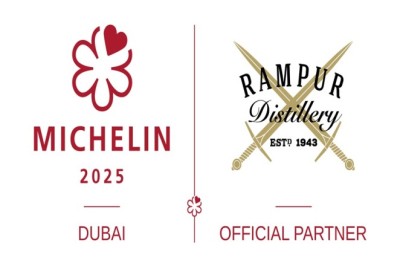

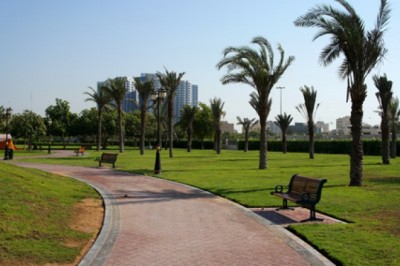
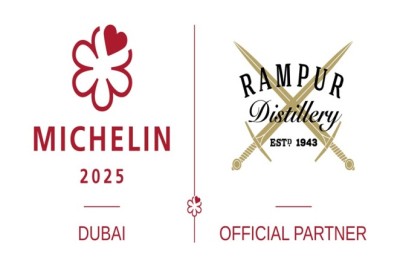
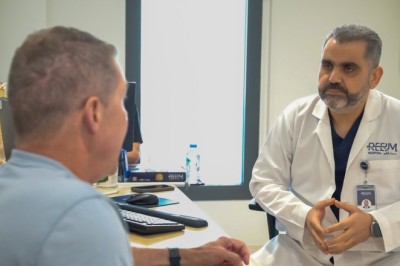
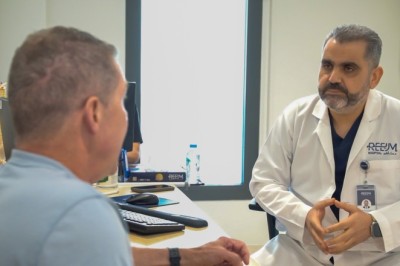




Facebook Conversations
Disqus Conversations